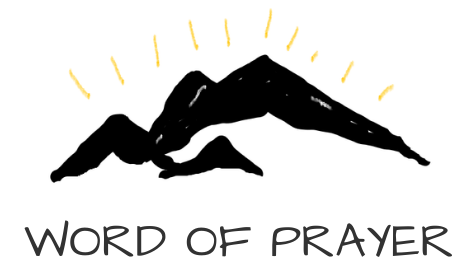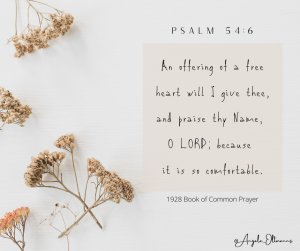“The gospel” is another word for the Christian message or the central teaching about God’s work in and through Jesus. In Koine Greek, euangelion (ευαγγελιον) means “good news.” In early Christian communities of the first century, those the apostles started, the gospel was the central message of their faith. Paul summarizes in 1 Corinthians 15:1-8 what he understood to be the gospel: Christ died for our sins as the Scriptures said, he was buried and then raised from the dead on the third day, and he was seen by many eyewitnesses including Peter and the other apostles, over 500 of his followers, and also by Paul (in a vision).
In time, Christians came to use the word “gospel” to refer to one of the written works centered on the life, death and resurrection of Jesus, probably starting with Mark (see Mark 1:1) and eventually including Matthew, Luke and John. There were other books after these four bearing the name “gospel”, but these have not gained wide acceptance in the ancient, medieval or modern church.
Is a gospel by any other name still the gospel?
There is a third sense in which people use “gospel” today in everyday speech and even outside of faith circles. If something is “gospel”, it’s a true word that you can count on, like when someone raps and says, “That’s gospel!” They mean it’s not a lie, it’s the truth. There are obviously other uses of the word too, such as describing a type of religious music.
Maybe you’ve come across other uses of “gospel” than what I’ve mentioned. What is the point? Is the gospel (message) and gospel (book) really different?
Scholars sometimes substitute “gospel” in the first sense with “kerygma”, a Greek-derived word that means “preaching” or “proclamation”, especially the proclaiming of the Christian faith. You can replace “gospel” in the second sense (one of the four gospels: Matthew, Mark, Luke, John) with the Greek word euangelion, but this is very rare outside of scholarly circles.
Why it Matters
We use words and language without much care quite often. It’s important to know where key words, like gospel, come from and what they really mean or we end up misusing them. This in fact is one of the reasons why the Old Testament law commands us to keep God’s name holy and not misuse it.
You can read one (or all) of the gospels to learn more about Jesus and the origins of the Christian faith. In Starting a Journey with Jesus I encourage people to take a journey through the gospel of Matthew, using prayer as a tool to read through the book and get to know the person called Jesus. It’s pretty clear that one of the main purposes that the gospels were written was to help people find faith or to grow in their faith in Jesus.
Give it a try. Spend some time today in one of the gospels. Read the words, but more importantly let the words transport you to a place and time where you can hear and see and experience the reality of what Jesus said and how he lived his life. You won’t regret the time you spend doing this.
Listen to a podcast episode taken from the beginning of the gospel of Mark
Start reading and praying in the gospel of Matthew for a week or two

